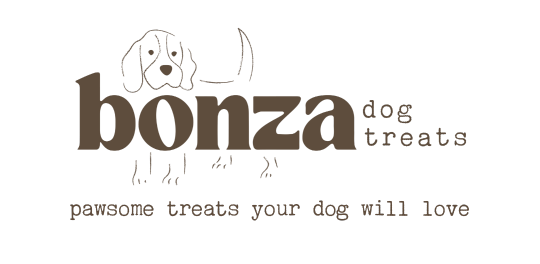Taking care of a dog's teeth is important for overall health and well-being. A healthy mouth can lead to a longer, happier life for your furry friend. Here are some tips for taking care of your dog's teeth.
Brush your dog's teeth regularly
Brushing your dog's teeth at least three times a week is one of the best ways to keep their teeth healthy. Use a soft-bristled toothbrush and dog-specific toothpaste, which can help remove plaque and prevent tartar buildup.
We like the Shy Tiger range, created by Dr. Nicole Rous, a Melbourne vet and dog owner.
Provide chewing toys
Chewing toys can help remove plaque and massage the gums, promoting good oral health. Consider providing your dog with toys that are specifically designed for dental health. The Arm & Hammer Treadz Dog Toys are great for this as there are a few different designs, with differing textures, to keep your dog interested. You can buy these online and at major big box retailers.

Chewing is really important in maintaining your dog's dental health. Here's why:
-
Scrapes away plaque and tartar: Chewing on hard, durable toys or safe bones and treats can help to scrape away plaque and tartar from your dog's teeth. This mechanical action helps to remove harmful buildup, reducing the risk of gum disease and tooth decay.
-
Promotes saliva production: Chewing stimulates the production of saliva, which can help to neutralize harmful acids and rinse away food particles. The increased saliva production also helps to control the growth of bacteria, keeping your dog's mouth healthy.
-
Strengthens jaw muscles: Chewing helps to keep your dog's jaw muscles strong, which is important for maintaining good oral health. A strong jaw can also help to prevent problems like misaligned bites and overbite.
-
Reduces boredom and stress: Chewing can also help to reduce boredom and stress in dogs, making it a beneficial activity for both their physical and mental health.
When choosing toys, bones or treats for your dog to chew on, it's important to choose items that are appropriate for their size and strength. Hard, durable toys and bones can help to clean your dog's teeth, but it's also important to supervise your dog during chewing to prevent injury or choking.
In addition to chewing, it's important to provide regular dental cleanings and check-ups for your dog to maintain their oral health. Talk to your vet about the best dental care plan for your dog based on their specific needs and circumstances.
Feed a balanced diet
Feeding your dog a balanced diet can help maintain good oral health. Raw fed dogs eat a range of foods that involve chewing, tearing, gnawing etc - kibble doesn't really require the same effort from your dog, and will likely require more intervention on your part to maintain their pearly whites.
- Give treats which encourage your dog to chew: They can help remove plaque and tartar resulting in fresher breath. Our range includes many treats perfect for this - the full collection can be found here.
- Offer water: Providing your dog with fresh water is essential for keeping their teeth and gums healthy. The increased flow of saliva can help wash away plaque and other harmful substances that can contribute to oral health problems, and control the growth of bacteria. It also helps to rinse away food particles and bacteria in the mouth, reducing the risk of plaque and tartar buildup.
- Avoid weight bearing bones: While bones such as brisket, neck and tail are great to chew on, weight bearing bones eg legs, femur, "dinosaur bones" can cause cracks known as slab fractures in the teeth and can lead to more serious oral health problems. When a dog experiences a slab fracture, it can cause significant pain and discomfort. In some cases, the nerve of the tooth may become exposed, leading to increased sensitivity and the risk of infection. In severe cases, a slab fracture can cause the tooth to break or fall out entirely. Your vet will generally recommend that a cracked tooth be removed.
-
Use Ascophyllum Nodosum: this superfood seaweed can help to break down plaque and tartar from your dogs teeth- you can buy our Seaweed Topper here
Visit the vet
Regular dental check-ups with your vet are important for maintaining your dog's oral health. Your veterinarian can examine your dog's teeth and gums, clean their teeth if necessary, and recommend any necessary treatments or procedures. Prevention is much better than cure in this respect - just like us, our doggos want to keep all their teeth for as long as possible.
In conclusion, taking care of your dog's teeth is essential for their overall health and well-being. Regular brushing, providing dental treats and chews, and visiting the vet for regular dental check-ups are some of the best ways to ensure your dog's oral health stays in top condition. By taking care of your dog's teeth, you can help them live a long, healthy, and happy life.





